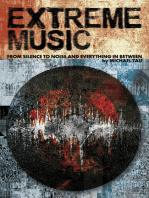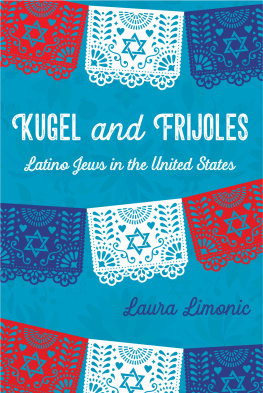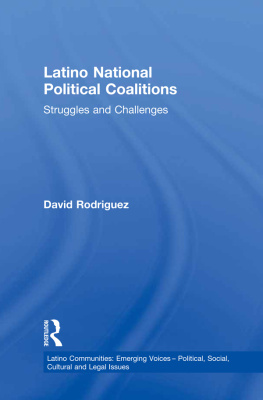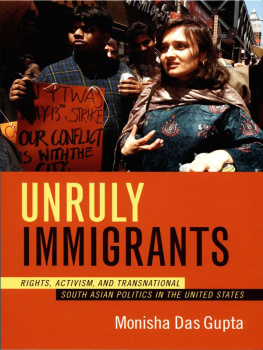Samuel K. Byrd - The Sounds of Latinidad: Immigrants Making Music and Creating Culture in a Southern City
Here you can read online Samuel K. Byrd - The Sounds of Latinidad: Immigrants Making Music and Creating Culture in a Southern City full text of the book (entire story) in english for free. Download pdf and epub, get meaning, cover and reviews about this ebook. year: 2015, publisher: NYU Press, genre: Politics. Description of the work, (preface) as well as reviews are available. Best literature library LitArk.com created for fans of good reading and offers a wide selection of genres:
Romance novel
Science fiction
Adventure
Detective
Science
History
Home and family
Prose
Art
Politics
Computer
Non-fiction
Religion
Business
Children
Humor
Choose a favorite category and find really read worthwhile books. Enjoy immersion in the world of imagination, feel the emotions of the characters or learn something new for yourself, make an fascinating discovery.

- Book:The Sounds of Latinidad: Immigrants Making Music and Creating Culture in a Southern City
- Author:
- Publisher:NYU Press
- Genre:
- Year:2015
- Rating:5 / 5
- Favourites:Add to favourites
- Your mark:
The Sounds of Latinidad: Immigrants Making Music and Creating Culture in a Southern City: summary, description and annotation
We offer to read an annotation, description, summary or preface (depends on what the author of the book "The Sounds of Latinidad: Immigrants Making Music and Creating Culture in a Southern City" wrote himself). If you haven't found the necessary information about the book — write in the comments, we will try to find it.
The Sounds of Latinidad explores the Latino music scene as a lens through which to understand changing ideas about latinidad in the New South. Focusing on Latino immigrant musicians and their fans in Charlotte, North Carolina, the volume shows how limited economic mobility, social marginalization, and restrictive immigration policies have stymied immigrants access to the American dream and musicians dreams of success. Instead, Latin music has become a way to form community, debate political questions, and claim cultural citizenship.
The volume illuminates the complexity of Latina/o musicians lives. They find themselves at the intersection of culture and politics, often pushed to define a vision of what it means to be Latino in a globalizing city in the Nuevo South. At the same time, they often avoid overt political statements and do not participate in immigrants rights struggles, instead holding a cautious view of political engagement. Yet despite this politics of ambivalence, Latina/o musicians do assert intellectual agency and engage in a politics that is embedded in their musical community, debating aesthetics, forging collective solidarity with their audiences, and protesting poor working conditions.
Challenging scholarship on popular music that focuses on famous artists or on one particular genre, this volume demonstrates how exploring the everyday lives of ordinary musicians can lead to a deeper understanding of musicians role in society. It argues that the often overlooked population of Latina/o musicians should be central to our understanding of what it means to live in a southern U.S. city today.
Samuel K. Byrd: author's other books
Who wrote The Sounds of Latinidad: Immigrants Making Music and Creating Culture in a Southern City? Find out the surname, the name of the author of the book and a list of all author's works by series.






